A fissure is a prevalent yet painful condition characterized by a tear in the lining of the anus, leading to significant discomfort during daily activities. Understanding the causes, symptoms, prevention strategies, and treatment options is essential for effectively managing this condition.
By being aware of the triggers and mechanisms associated with anal fissures, individuals can adopt preventive measures and seek timely medical intervention when necessary. For those in Hosur, Dr. Senthil. specializes in providing effective treatment for fissures. To enhance your quality of life by alleviating symptoms and promoting recovery, consult with Dr. Senthil. for the best fissure treatment available in Hosur.
An anal fissure is a small tear or crack in the delicate, sensitive tissue lining the anus, which can cause significant discomfort. This condition often leads to pain and bleeding, especially during or after bowel movements, and may be accompanied by itching or a visible tear in the skin. Although anal fissures can occur at any age, they are particularly common in infants and young children due to constipation or hard stools. However, adults can also be affected, especially those with chronic constipation, diarrhea, or other conditions that cause strain during bowel movements.
Prompt treatment is important to alleviate symptoms and prevent further complications. However, adults can also be affected, especially those with chronic constipation, diarrhea, or other conditions that cause strain during bowel movements. Prompt treatment is important to alleviate symptoms and prevent further complications.
Anal fissures can be categorized into two main types based on their characteristics and underlying causes:
Symptoms of anal fissures can be quite pronounced and may include:
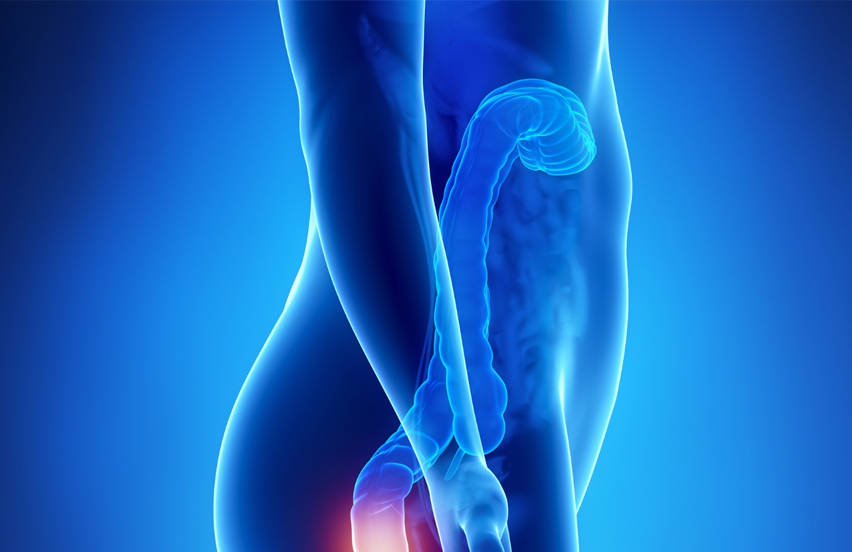
Anal fissures are typically caused by trauma to the anal canal. Common contributing factors include:
Preventing anal fissures primarily involves the maintenance of healthy bowel habits and proper hygiene practices.
Before your procedure, it is essential to have a thorough consultation with your healthcare provider. Discuss your symptoms in detail, including pain levels and any changes you have noticed, to determine the best treatment plan for your anal fissure.
Your doctor will conduct a comprehensive medical evaluation. This may include a physical examination to assess the fissure and possibly imaging studies if deemed necessary, to rule out other conditions.
Your healthcare provider may instruct you to fast for a certain period before the procedure, especially if sedation or anesthesia is planned. Fasting helps ensure your safety during the surgery.
Be sure to inform your healthcare provider about all medications, including prescription, over-the-counter, and herbal supplements you are taking. Follow their guidance on which medications you should stop taking before the procedure to prevent any complications.
It is important to stay well-hydrated in the days leading up to your procedure. Drink plenty of fluids, unless your doctor advises otherwise. Proper hydration can aid in preventing constipation and ease any discomfort.
Ensure you understand all instructions provided by your doctor regarding the procedure, including any preparation steps and what to expect during recovery. Do not hesitate to ask any questions you may have to clarify your concerns.
Follow all prescribed medications and care guidelines closely, including any restrictions related to physical activity and dietary adjustments.
Give your body ample time to heal by getting plenty of rest. Avoid strenuous activities that could strain the surgical site.
Slowly resume your normal activities as directed by your healthcare provider. This approach minimizes the risk of complications and supports your recovery.
Be vigilant for signs of infection or complications, such as increased pain, fever, or unusual discharge from the surgical site. Contact your healthcare provider if you notice any concerning symptoms.
Uphold a balanced and nutritious diet to facilitate recovery and avoid digestive complications. Incorporate fiber-rich foods to prevent constipation, which can aggravate fissures.
Make sure to attend all follow-up appointments with your healthcare provider to monitor your healing progress and address any concerns you may have.
Dr. Senthil is a specialist in providing comprehensive care and advanced treatment options for anal fissure treatment in Hosur. He recognizes that anal fissures can present significant medical challenges, and his approach includes personalized consultations to thoroughly assess your condition and offer expert guidance on the most suitable treatment plan.
Dr. Senthil's commitment to patient care ensures optimal treatment outcomes, prioritizing your comfort and enhancing your overall quality of life. By leveraging his expertise, you can take proactive steps toward effectively managing your anal fissure condition.
Contact Dr. Senthil today to schedule a consultation and begin your journey toward improved health and well-being.
An anal fissure can be a painful condition, but with the right knowledge and care, it can be effectively managed. Understanding the causes, symptoms, and treatment options is key to finding relief.
If you experience persistent symptoms, it is important to consult a healthcare professional for appropriate treatment. By following preventive measures and seeking timely care, you can reduce the risk of developing fissures and maintain good anal health.
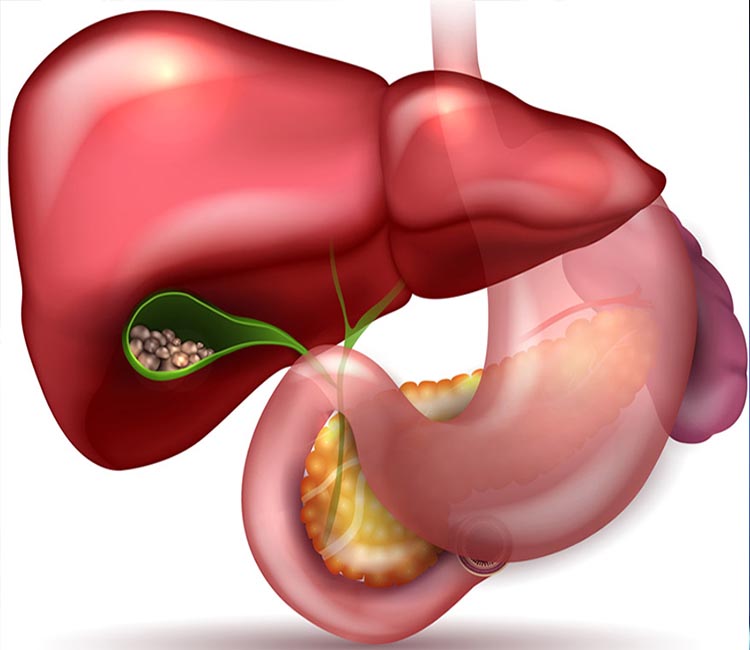
We offer advanced minimally invasive surgery for gallbladder stones, providing effective treatment to alleviate pain and prevent complications, ensuring a quick recovery and long-term relief.
Read more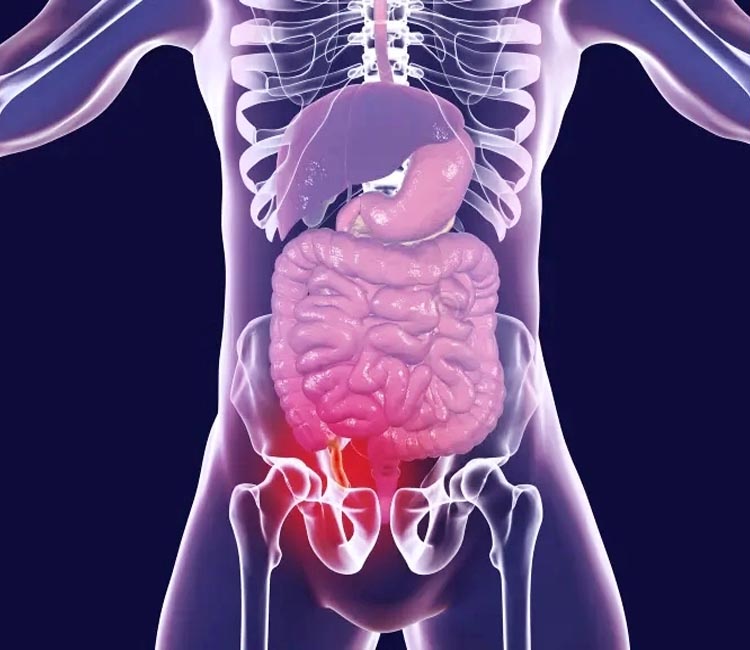
Our expert surgeons provide prompt and effective appendectomy solutions, offering advanced care to treat appendicitis, minimize risks, and ensure a fast return to normal activities.
Read more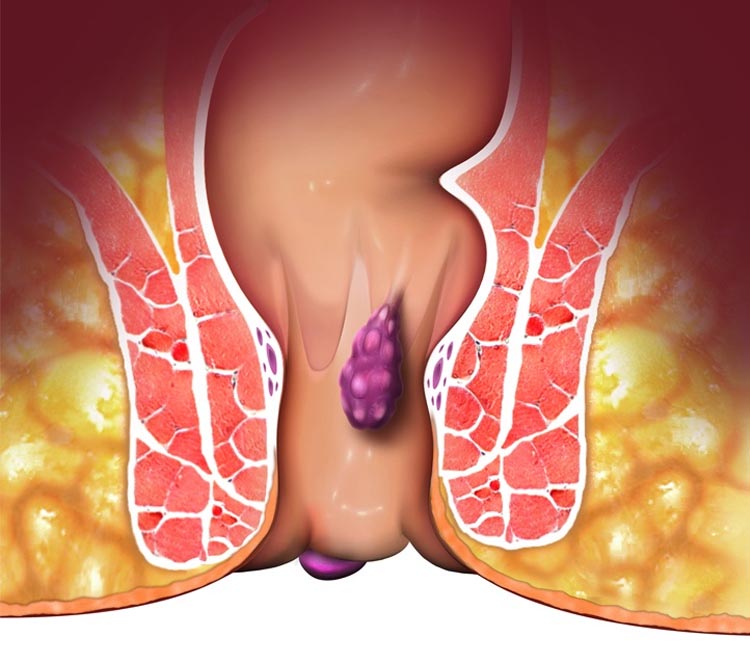
We specialize in advanced hemorrhoid treatments, using the latest surgical techniques for effective relief from discomfort, pain, and bleeding, ensuring a faster recovery with minimal downtime.
Read more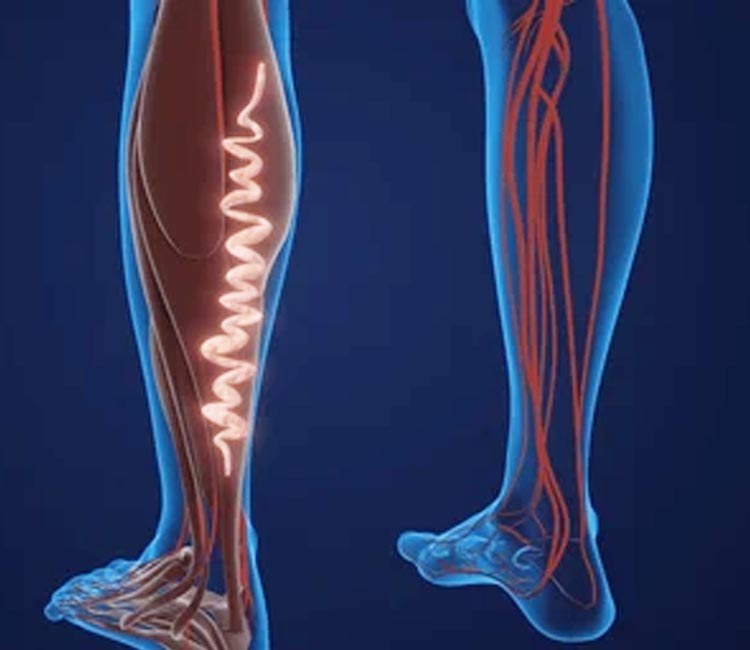
We offer cutting-edge treatments for varicose veins, using advanced surgical techniques to alleviate pain, enhance circulation, and restore the natural look and function of your legs.
Read more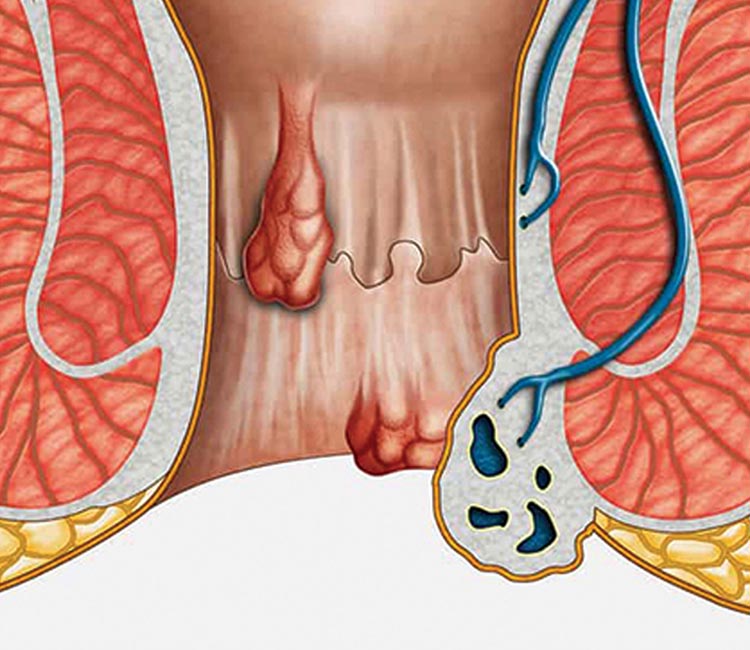
Our surgical care for pilonidal sinus focuses on minimally invasive procedures, ensuring precise treatment, rapid recovery, and a reduced risk of recurrence for optimal patient outcomes.
Read moreCopyright © 2024 Laparosurgeon All Rights Reserved. Powered by Spellinfo Technologies